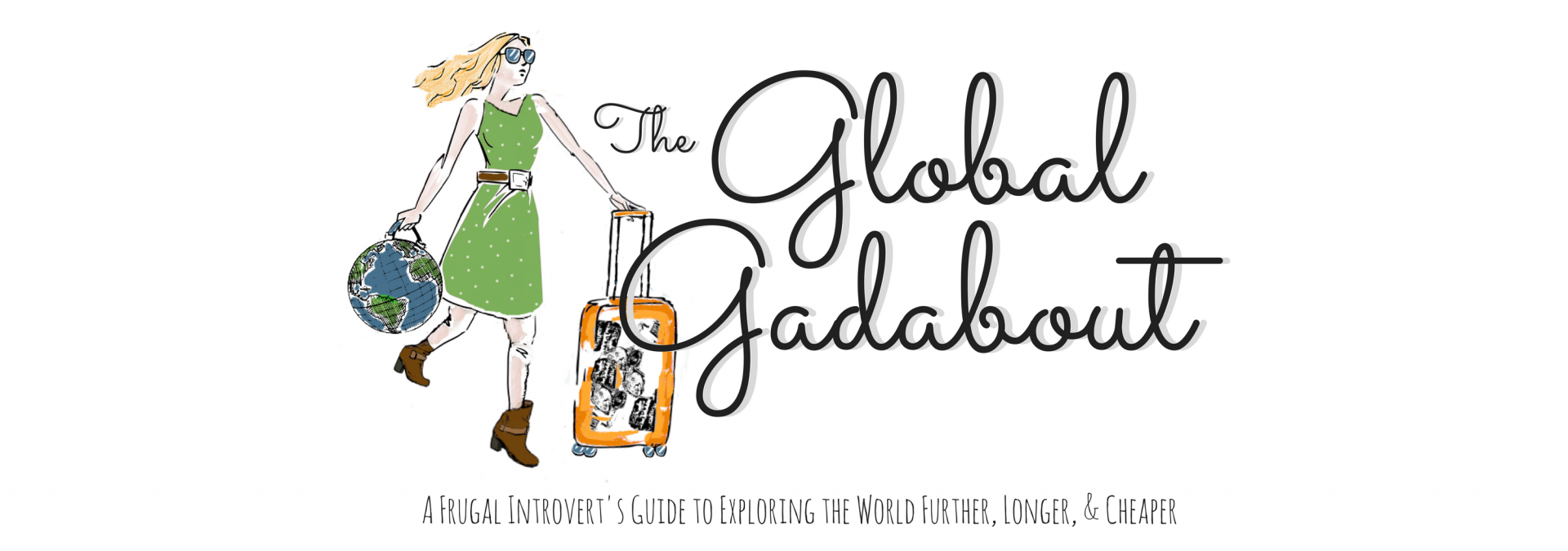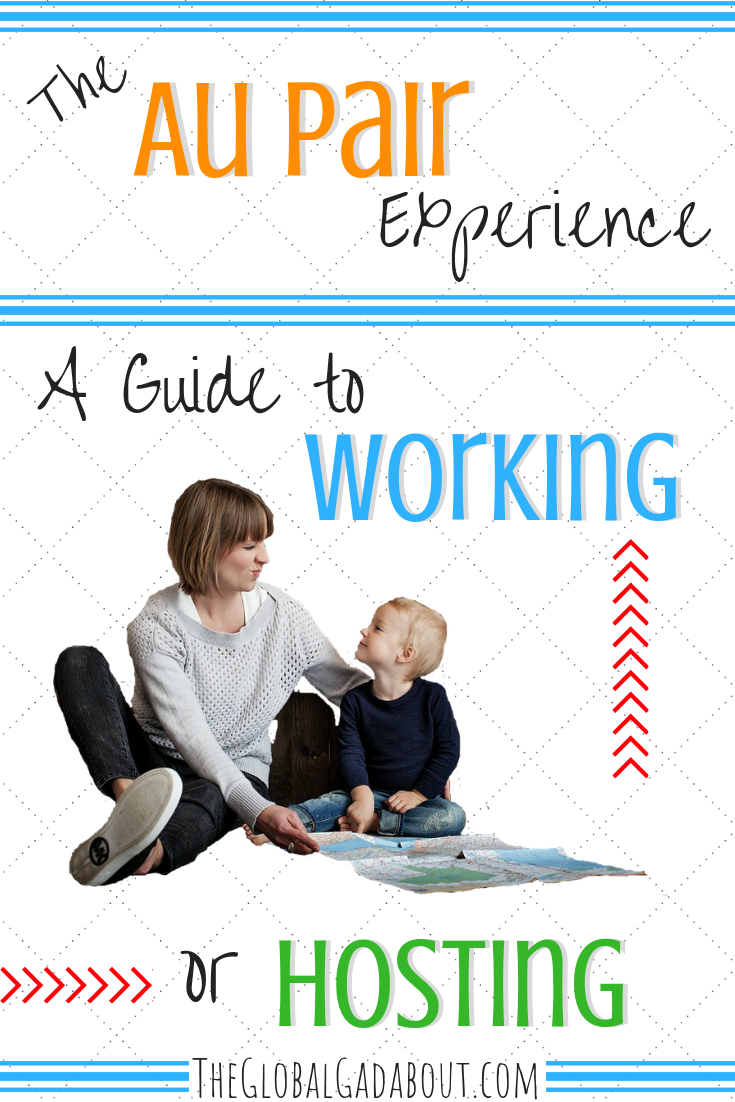
Working as an au pair is one of the best ways to live abroad and really experience life in a different country. It’s an opportunity for young adults to get out and explore the world while making a little money. Host families also benefit not only from some extra help but learning about their au pair’s home country and exposing their children to another culture. If you’re curious to know more about what exactly an au pair is and does, and how you might go about becoming one or hosting one, read on!

What is an Au Pair?
“Au pair” sounds very sophisticated and posh (maybe because it’s French?) but really, it’s a basically a fancy name for a live-in babysitter in a foreign country. In French, “au pair” actually means “by mutual agreement” and it is an exchange of sorts. An au pair is someone, usually between the ages of 18 and 30, who travels to another country and lives with a host family where they provide child care and maybe some light child-related household tasks such as cooking meals for the kids, helping them clean their rooms or do homework, and laundry.
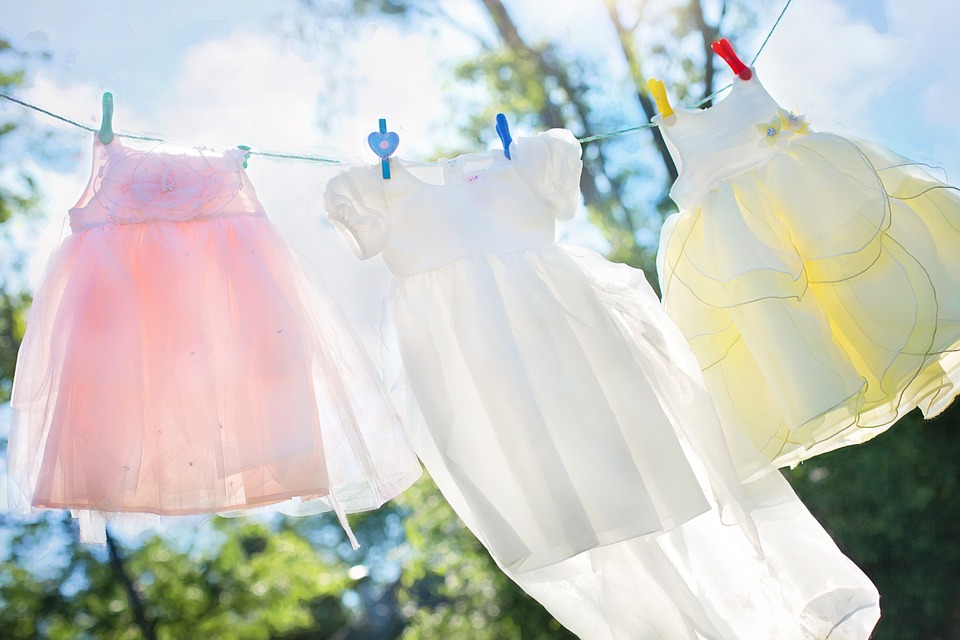
The host family should treat the au pair as a member of the family. They live in their house with a private room and share meals free of charge. The au pair does receive some monetary compensation, though not an hourly rate or salary. The amount of “pocket money” or “stipend” they get (USD$50-250 per week, +/-USD$100 is average) and the number of hours they are expected to help out the family (15-45 hours per week, 30 is average) vary from country to country.
Some countries require the au pair to have certain insurance coverage, which the host family may or may not pay for. Basic costs to the au pair are the plane ticket to get there, any required visas and immunizations, perhaps a language class, and purchasing personal items while abroad. Hosts cover the au pair’s room, board, and pocket money and may consider contributing to such expenses as insurance, language classes, and transportation (either to or within the host country).

Besides cultural immersion, there is usually also a focus on language learning through conversation with the host family and the au pair may attend language classes. An au pair is different from a nanny in the sense that they are treated more as a part of the family who helps out and wants to learn about the culture, rather than an employee.
Countries with Au Pair Opportunities
Australia
Austria
Belgium
Canada
China
Denmark
Finland
France
Germany
Iceland
Ireland
Italy
Luxembourg
Netherlands
New Zealand
Norway
South Africa
Spain
Sweden
Switzerland
Turkey
UK
USA
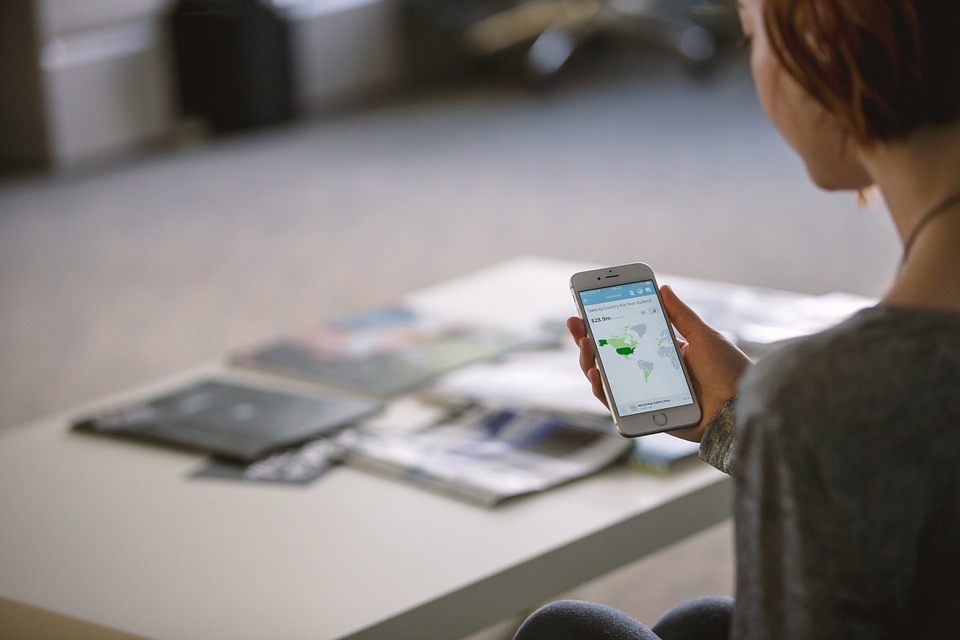
Benefits for Au Pairs
Experience living abroad
Learn a different culture intimately
Improve language skills
Make a connection with a foreign family
Explore a new country
Gain professional skills and experience

Benefits for Host Families
Intimate exposure to another culture
Make a connection with a foreigner
Get some help around the house with your children
Mentor for your children
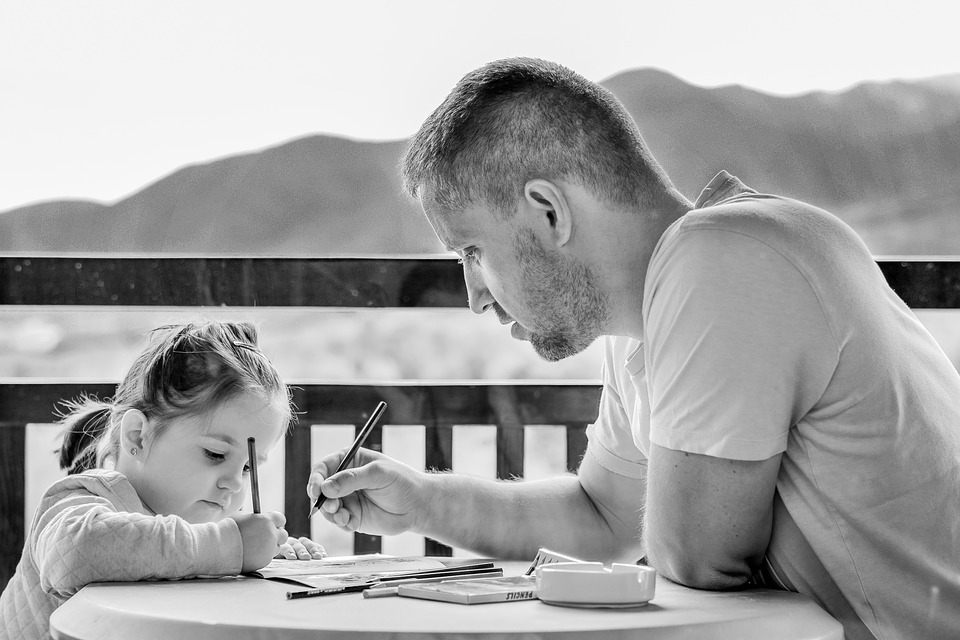
Considerations for Au Pairs
May take up the time of a full-time job, not a vacation
May not pay as much as a full-time job (though consider room & board coverage)
Must be responsible and willing to do your share
Not appropriate for those who aren’t really “kid people”
You will be living in a private home and must follow the family’s rules
Should be truly interested in the host country and language

Considerations for Host Families
Be willing to treat au pairs more like helpful guests than employees
Must have the space and funds to support another person in your household
Someone from a different country will have different habits & customs
Should have a genuine interest in both learning about the au pair’s country and in sharing yours

How to Become an Au Pair
To become an au pair, you must meet the requirements of the country you want to visit. Usually, these include being between 18 and 30 years old (sometimes as young as 17, as old as 31, or with an age cap in the mid 20s) with no kids of your own, sometimes unmarried, be able to communicate sufficiently in the host country’s language, have a high school diploma or equivalent, and be in general good health.
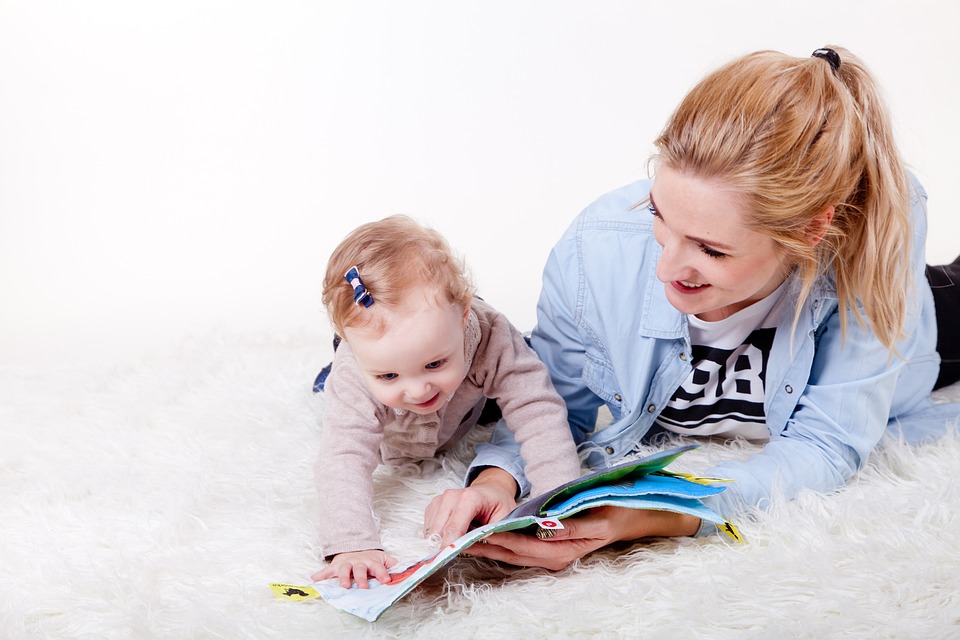
If you’ve done your research, meet the requirements, and decided you’d like to try the au pair experience, the best way to become one is to sign up with an au pair/host matching site. Some of the biggest ones include aupairworld.com, interexchange.org, and aupair.com. Typically, there is no cost to creating a profile and the sites will help match you with a host family that fits your lifestyle and give you information about what you need to do to procure the appropriate visa and other legal requirements.
Alternatively, you can reach out to family or friends in a country that offers au pair visas and see if they can help you find an appropriate host family privately. If you take this route, however, be sure you read up on all the legal requirements in your chosen country so that you go about everything correctly. Be aware that in the US and Netherlands, you must go through an au pair agency.

You should discuss things thoroughly with potential families before agreeing to anything. Through messaging and video chats, make sure both you and your potential hosts know what is expected in terms of duties, compensation, and personal habits.
Once you’ve found a good match in a host family, you should probably sign a contract (which some of the au pair websites require) outlining expectations. Then you can discuss dates, start applying for visas if you need them, and make travel arrangements.
How to Host an Au Pair
If you are a couple or single parent with permanent custody of at least one child under the age of 16, you can host an au pair. The process is very similar for hosts as au pairs. Websites like AuPairWorld, InterExchange, and AuPair.com can give you all the info you need and help match you with potential young people from around the world. There is usually a small cost for hosts to be able to communicate with potential au pairs through these sites and get the process of inviting them into their home going.
You can arrange something privately (except in the US and Netherlands) if you know someone (or someone who knows someone) who wants to be an au pair, but be sure you follow the legal process properly if a visa is required.
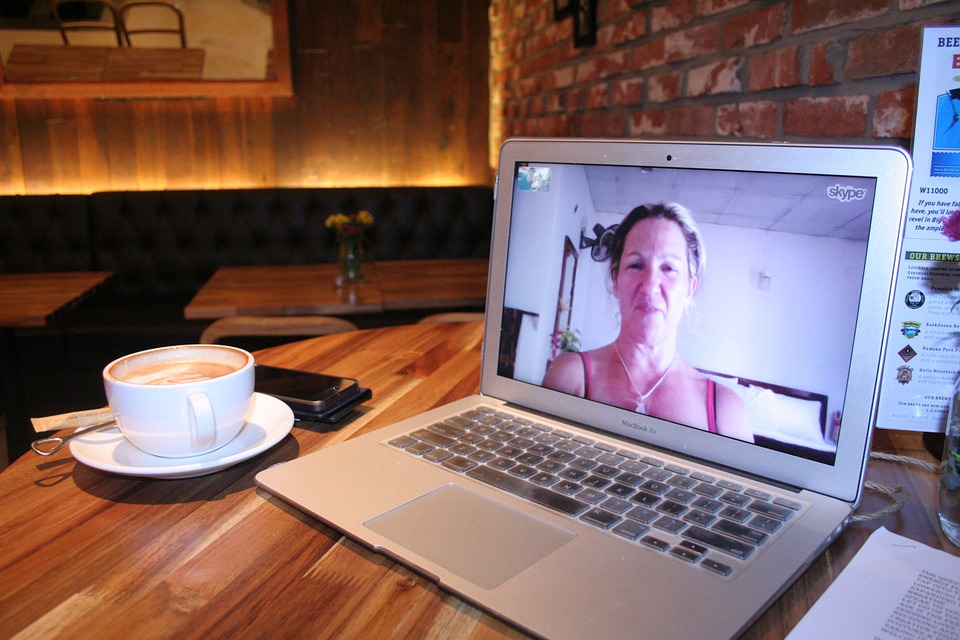
Message and video chat with potential au pairs, being sure to discuss all aspects and expectations, from compensation and benefits to what their duties would be and any special rules or considerations in your household.
When you’ve found the right person, sign a contract outlining the things you’ve discussed and start making plans. Fill out any necessary paperwork for their visa if need be, purchase any required insurance if you will cover that, and discuss timing with them so that they can make travel arrangements.

That’s how au pairing works, folks! I hope this post provides some good info to help you consider whether becoming an au pair or a host family is right for you. If you decide to go for it, I’m sure it will be the experience of a lifetime!
*This post includes one or more affiliate links. I earn a small commission (at no extra cost to you!) if you purchase a product or service through one of these links. Find out more here.*
